In today’s fast-paced, data-driven world, it’s easy to believe that every important decision must be backed by mountains of evidence. Yet, some of the most successful leaders and innovators often credit their success to one surprising source: intuition. At Decision Pulse, we believe there’s immense value in understanding when to trust your gut — and how to align that instinct with intelligent decision-making.
What Is Intuition in Decision-Making?
Intuition isn’t magic or guesswork. It’s the brain’s ability to recognize patterns based on past experiences and deep, often subconscious, processing. Think of it as your internal algorithm — refined over time through observation, trial and error, and emotional intelligence. While it may not always show up in spreadsheets, it’s a vital part of the decision-making toolkit.
Why Intuition Matters
In moments where data is incomplete, time is short, or creativity is required, intuition can fill the gaps. Leaders often rely on gut feelings when:
-
Facing ambiguity: When no clear answer exists, intuition helps bridge the unknown.
-
Making creative leaps: Innovative ideas often emerge from gut instinct, not rigid analysis.
-
Reacting in real-time: In fast-moving environments, waiting for perfect data isn’t always an option.
At Decision Pulse, we aim to empower professionals to use AI and human instinct in tandem. It’s not intuition versus data — it’s intuition with data.
The Science Behind “The Gut Feeling”
Neurological research shows that the brain can process signals and form judgments before we’re consciously aware of them. This explains why a hunch can feel immediate and strong — your brain is faster than your rational thought. The key is learning to recognize when that hunch is worth acting on.
When to Trust Your Gut (and When Not To)
Not every gut feeling should be followed. Here are a few guidelines to determine when intuition is a reliable guide:
-
✅ You have expertise: Intuition is most accurate when it’s built on experience and familiarity with the problem space.
-
✅ Your emotional state is neutral: Strong emotions like fear or anger can distort instinct.
-
❌ Bias is likely: Be cautious when decisions involve stereotypes, groupthink, or high personal stakes.
-
❌ You’re in unfamiliar territory: If you lack relevant experience, rely more heavily on data and expert advice.
The Decision Pulse Approach
At https://decisionpulsegenai.com, we’re building tools that combine AI insights with human judgment. Our platform helps decision-makers access relevant data while also prompting reflective questions — nudging users to consider both their analytical rationale and gut-level signals.
We call it the Decision Pulse: the rhythm between data and instinct, logic and feeling. By tapping into this dual power, professionals can make smarter, faster, and more human-centered choices.
Final Thoughts
In a world overflowing with information, sometimes your best guide is still that quiet, inner voice. Intuition, when informed and balanced, is not the enemy of logic — it’s the spark that ignites it.
OfficeSolution invites you to embrace the pulse of your decisions. Trust your gut — but train it well.





